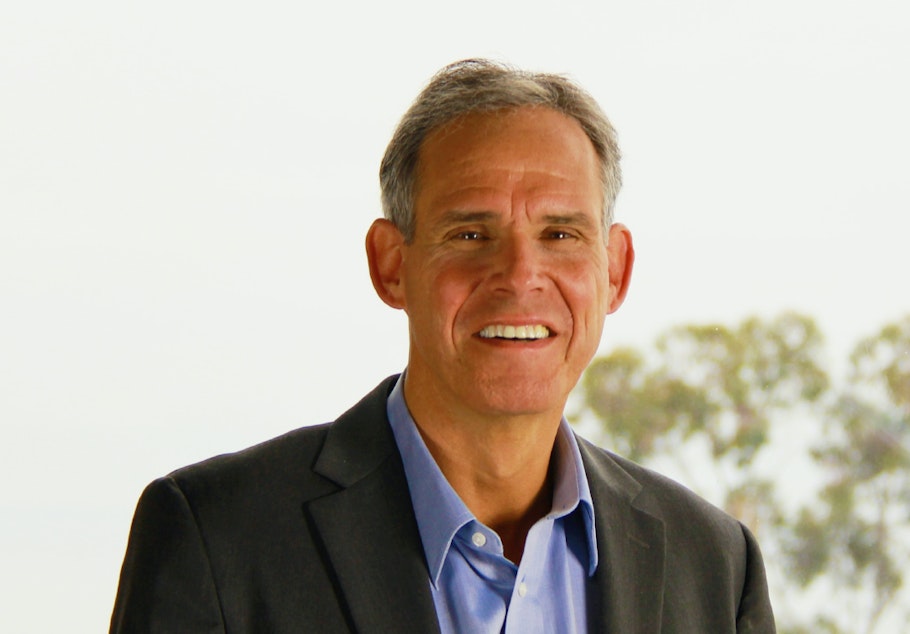'The AI will see you now.' How tech could alter the doctor-patient relationship

On this week’s episode of Primed, we talk to Dr. Eric Topol, a cardiologist whose book "Deep Medicine" explores the impact of AI technology on health care.
Dr. Topol believes AI can help doctors build a more nuanced model of their patients’ profiles — a model that more accurately represents the complex human beings who need care.
Three years ago, Dr. Topol was in excruciating pain.
He had just had his knee replaced. After the surgery, his leg was swollen and purple, and the pain was so intense, even opiates didn’t soothe it.
He told his doctor that he couldn’t sleep and had been crying because of the pain. Instead of trying to heal his knee, the doctor told him to get some antidepressants.
This was the moment Dr. Topol realized that something was broken in the healthcare system.
His orthopedist was seeing so many patients, he didn’t have time to listen Dr. Topol. He also didn't have time to review Topol's medical history — or he would have known Topol had a medical condition that explained what was causing the knee to heal badly.
Sponsored
“The term ‘health care' is off base,” Dr. Topol said. “We don't really have care. It’s rare to have doctors providing true care even though they want to, because they're squeezed to the hilt.”
Dr. Topol believes doctors are so busy, they don’t have time to gather the necessary context for their patients. And even if they had more time, “there's just too much data for each human being,” he said.
He’s come to believe that AI technology could “bring back the ‘care’ in ‘healthcare’” by providing doctors with a more fully developed profile of each patient. That could free doctors to focus on developing relationships with their patients rather than sorting through data.
AI can also give “more autonomy to patients, so that they can use their devices to generate data and algorithms to help interpret it,” Dr. Topol said.
He also thinks AI will be able to diagnose common problems, like skin rashes, ear infections, or urinary tract infections.
Sponsored
Letting an AI do that work could give human doctors more time to focus on one-on-one interactions with patients who are dealing with more complicated issues, he said.
Dr. Topol is optimistic that improvements in AI technology can create a more humane, effective health care system.
But the role that AI will play in medicine is still undefined, and it's difficult to know what the relationship between human doctors, AI medical technology, and patients will look like in the future. That relationship may depend on who ends up developing and deploying the technology.
Dr. Topol said, so far, the healthcare system has resisted innovation.
"The innovation needs to come from the outside," he said. "So tech titans like Amazon and Microsoft and Google and others, they're definitely going to be part of this."
Sponsored
This means that private companies may shape the future of the medical field.
“The question is, is their priority going to be to help consumers achieve a better patient-doctor relationship? Or is it going to be to improve their revenue and their enterprise?,” Dr. Topol asked.
“What is their priority? I don’t think they know that yet.”
Listen to this week's episode of Primed to hear our full interview with Dr. Topol.
Music this episode includes Ripples on an Evaporated Lake by Raymond Scott.




